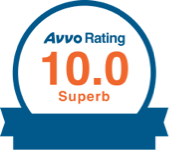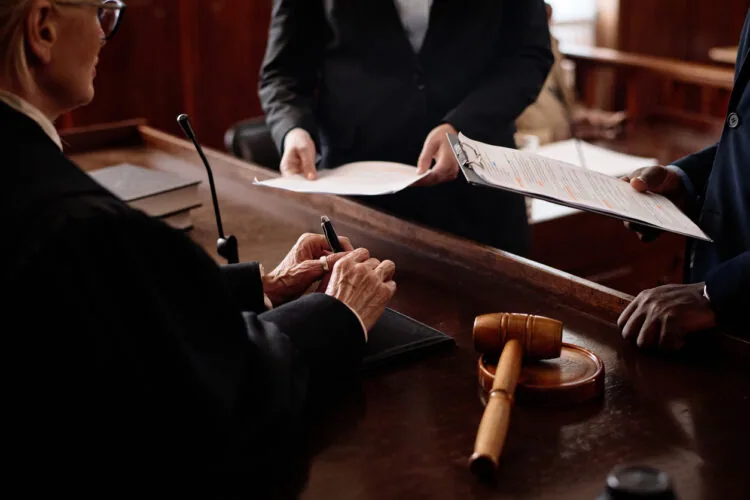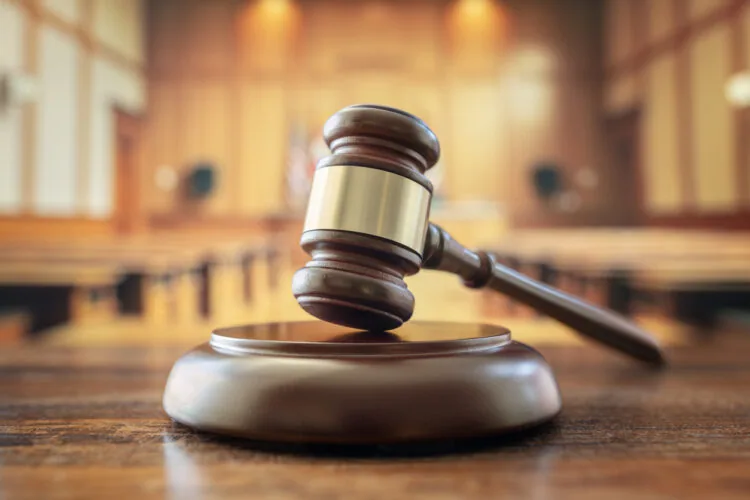Not a rising star. The Star. I would say Elena has the magic to work deals but the truth is the Government knows she will litigate the issues. She is prepared to go to trial and unafraid to do so. Absolutely one of the top criminal defense lawyers in the nation to day.
Guide to Preliminary Hearings
A preliminary hearing is your first real chance to challenge the evidence against you. Our NYC defense lawyers act quickly to question weak evidence, expose flaws in the prosecution’s case, and fight to have charges reduced or dismissed before trial.
-
24/7 Legal Support After Arrest
-
Strategic Defense at Preliminary Hearings
-
Focused on Reducing or Dismissing Charges Early
-
Experienced with NYC Criminal Courts and Procedures
-
FREE & CONFIDENTIAL Consultations
- Top Ten Ranking 2025
- lawyers of distinction
- top 40 under 40
- national association of distinguished counsel
- Avvo rating - 10 superb
- Elite Lawyer Legal Excellence
- Expertise: Best Criminal Attorney in Brooklyn 2021-22
- 10 Best 2019
- America's Top 100 Criminal Defense Attorneys 2020
- Rated by Super Lawyers
- The National Top 100 Trial Lawyers











If you or a loved one has been arrested in New York City, one of the first questions you may have is what happens next. In some cases, especially with felony charges, the court may hold a preliminary hearing. At this hearing, a judge decides whether there is enough evidence for the case to move forward.
At The Fast Law Firm, we know how overwhelming the early stages of a criminal case can feel. Our role is to stand with you in court, protect your rights, and challenge the prosecutor’s evidence from the very start.
What Is a Preliminary Hearing?
A preliminary hearing is not a trial. Instead, it is a hearing in front of a judge to determine whether there is “probable cause” that a crime was committed and that you were the person who committed it.
In New York City, many felony cases bypass this step and go directly to the grand jury. However, when a preliminary hearing is held, it becomes an important opportunity for your defense. It is often the first real look at the prosecution’s case and can set the tone for everything that follows.
What Prosecutors Must Prove
The prosecutor’s burden at a preliminary hearing is far lower than at trial. They do not need to prove guilt beyond a reasonable doubt. Instead, they must show probable cause — a reasonable basis to believe that a crime was committed and that you were involved.
Typically, this involves:
-
- Calling a police officer or another witness to testify about what happened
-
- Presenting limited evidence, such as statements, reports, or physical items
-
- Arguing to the judge that the case should move forward to the grand jury or trial stage
While the standard is lower, prosecutors must still meet it. That is where an experienced defense lawyer makes a difference.
How Defense Attorneys Challenge the Case
Your defense team has the right to cross-examine witnesses and point out weaknesses in the prosecutor’s presentation. Even at this early stage, there are ways to fight back:
-
- Cross-examining police officers to test the accuracy of their testimony
-
- Challenging hearsay or unreliable statements that may not hold up later in court
-
- Highlighting inconsistencies between different accounts of the event
-
- Pointing out gaps in the evidence, such as missing details or failure to connect you directly to the alleged crime
Sometimes, these challenges expose flaws strong enough for a judge to dismiss charges. At other times, they help us lay the groundwork for plea negotiations or trial strategies. Either way, the preliminary hearing is more than a formality; it is a chance to protect your rights and begin building your defense.

Why Having Counsel Early Matters
When you walk into a courtroom for a preliminary hearing, the prosecutor is already prepared to argue that your case should continue. Without representation, you are at a disadvantage. With a criminal defense attorney by your side, you have someone pushing back against assumptions and holding the prosecution to its burden.
We can also use the preliminary hearing to:
-
- Gain early insight into the strength of the state’s case
-
- Lock in testimony from witnesses that can be compared later at trial
-
- Push for release conditions that minimize disruption to your life
-
- Argue for dismissal if the prosecution fails to meet even the minimal probable cause standard
The sooner we are involved, the sooner we can begin shaping the direction of your case.

At The Fast Law Firm, we approach every case with the urgency and attention it deserves. We’re the law firm that slows down to get to know you. That begins with founder Elena Fast, whose leadership shapes how we defend our clients and how we treat them as individuals, not case numbers.
Elena is personally involved in building your defense from day one. She listens, evaluates the facts with care, and collaborates closely with our team to develop a strategy tailored to your goals. It’s a level of involvement you don’t often find in a city as fast-paced as New York, and it’s something our clients value.
We prepare thoroughly, communicate clearly, and take your case as seriously as you do. Prosecutors know when they’re up against a defense team that’s ready for trial. So do judges. If you’re ready to fight back, we’re prepared to help.
- CNN
- fox news channel
- CBS
- AP
- abc news
- daily news
- new york post
- VF
- the new york times
- forbes










Protect Your Rights With The Fast Law Firm
Every step in the criminal process matters, and preliminary hearings are no exception. At The Fast Law Firm, we use these hearings as opportunities to test the prosecution’s case, protect your rights, and position you for the best possible outcome.
If you or a loved one is facing charges in New York City, contact us today. We are ready to stand with you from the very first hearing through every stage of the case.
FAQs
Can charges be dismissed at a preliminary hearing?
Yes. If the prosecutor fails to show probable cause, the judge can dismiss the case. Even when charges are not dismissed, the defense can gain valuable information to use later.
Is a preliminary hearing the same as a trial?
No. At a trial, the prosecutor must prove guilt beyond a reasonable doubt. At a preliminary hearing, the standard is much lower, and the judge only decides whether the case should move forward.
Do all cases in New York City have preliminary hearings?
No. Many felony cases in NYC go directly to the grand jury. But when a preliminary hearing is held, it is an important opportunity for the defense to challenge the case.
The best law firm ever! They came thru for me when I really needed them.
The Fast Law Firm. Excellent attorney—very professional, knowledgeable, and dedicated. Handled my case with care and delivered great results. Highly recommend
My name is Christina. I found The Fast Law Firm via online search. I consulted with Michael Perkins about a criminal charge and needed his input. This gentleman was so helpful. He went above and beyond with helping me. I appreciate his expertise on moving forward with my case. Michael reassured me that my case…
Continue ReadingI talked to Sam. She was very calm, well spoken, and organized. She was very helpful! Then Mr. Perkins picked up my case and reached out to me to talk everything through and assured me it was going to be ok. he got my case dismissed right away! Best law firm I’ve ever worked with….
Continue ReadingBest law firm I ever worked with! Samantha (aka Sam) was extremely helpful and responsive. She picked up my case right away and assisted me the best she could. Everything worked very smoothly and got my case dismissed in arraignment. Great firm to work with! Would recommend any day!
